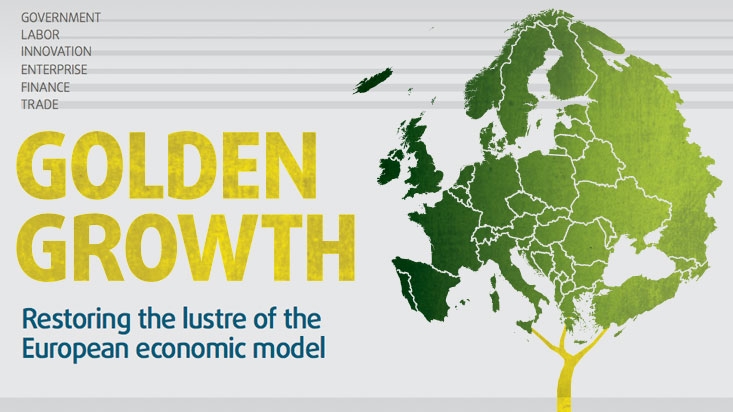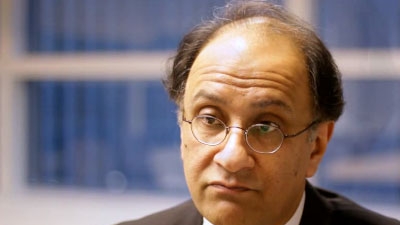The report documents the impressive achievements of the European growth model over the last 50 years. Accounting for the stresses it is experiencing and assessing the longer-term challenges that Europe will face, the report then evaluates the six principal components of the model: Trade, Finance, Enterprise, Innovation, Labor and Government.
It finds that the European growth model has been a powerful engine for economic convergence, helping developing countries in Europe catch up to their richer neighbors and become high-income economies. But recent changes in and outside Europe necessitate change.

The report proposes the adjustments needed to make trade and finance work even better, to encourage enterprise and innovation in parts of Europe which have begun to lag, and address shortcomings in the functioning of labor markets and governments. The changes proposed would restart the European convergence machine, make Europe's enterprises competitive, and help Europeans afford the highest standards of living in the world.

